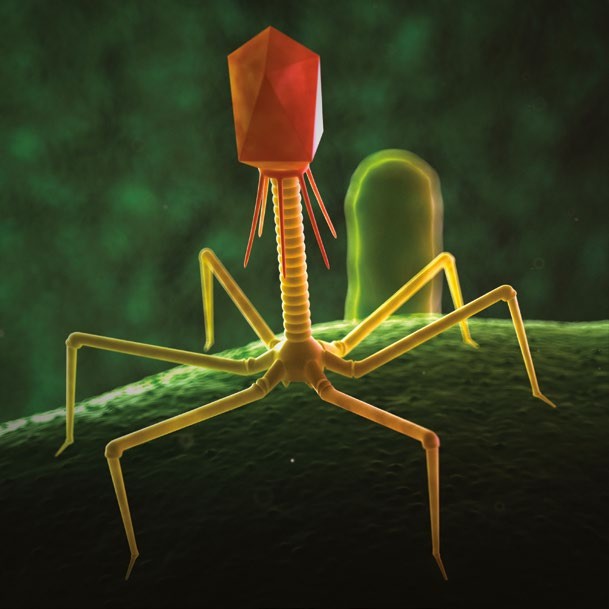
The new virus has been identified as a bacteriophage
A new virus found inside the Mariana Trench is believed to be the deepest ever discovered. The virus, called vB_HmeY_H4907, was found at a depth of 8,839 metres inside the Mariana Trench, which drops to about 11,000 metres at its lowest point on the floor of the Pacific Ocean. “To our knowledge, this is the deepest known isolated phage in the global ocean,” said Min Wang, a marine virologist at the Ocean University of China.
The newly discovered virus infects bacteria in the phylum Halomonas and does so lysogenically, which means that it inserts its genetic material into the bacterial genome and replicates without killing the bacteria. This could be due to the harsh environments in which both the virus and bacteria evolved, meaning it cannot afford to kill its host. Halomonas can be found throughout the oceans, including on the Antarctic seafloor and in sediments surrounding deep-sea hydrothermal vents. By conducting a genetic analysis on vB_HmeY_H4907, the researchers discovered that its range is likely just as wide as that of the bacteria it infects.